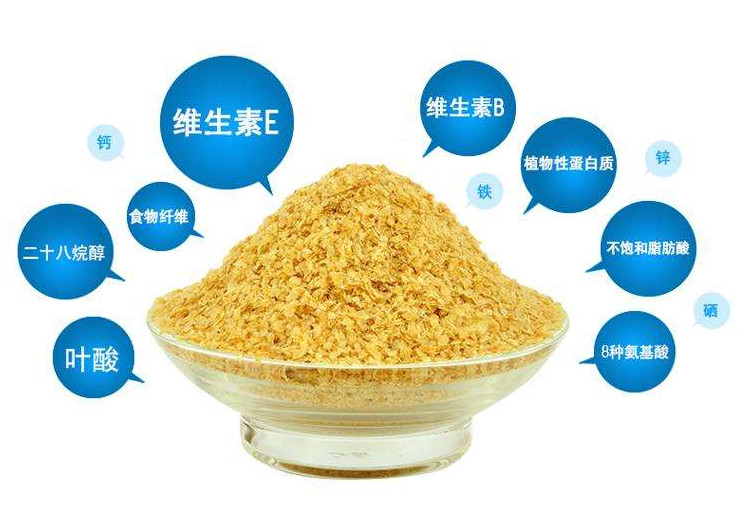
 CHINESE
CHINESE
| Domestic plant extract industry shows strong growth momentum |
| Release time :2020-07-20 Number of hits: |
|
In recent years, thanks to the great development of global food and beverage, dietary supplements, cosmetics, medicine and other downstream industries, as well as consumers' increasing attention to the concept of "natural health", the domestic plant extract industry has shown a strong growth momentum. In the first half of 2015, China's import and export volume of extract trade was 1.3 billion US dollars, with a year-on-year growth of 32.31%; among them, the export was 1.09 billion US dollars, with a year-on-year growth of 29.59%; the import and export of extracts was 216 million US dollars, with a year-on-year growth of 21.78%. The overall growth rate of extract import and export was the largest in the international trade of traditional Chinese medicine products.

The two most important export markets of plant extracts in China are the United States and Japan. They are not only the traditional markets of plant extracts, but also the largest markets of plant extracts. In the first half of 2015, China's export volume of extracts to the United States was 211 million US dollars, an increase of 24.98% over the same period of last year, while the export to Japan was US $113 million, a year-on-year decrease of 6.11%.
In the first half of 2015, China's export of extracts to India reached US $47.592 million, a decrease of 33.10% year-on-year. In addition, China's export of plant extracts to ASEAN, the Middle East and Africa increased rapidly.
Private enterprises are still the main force of extract export
In the first half of 2015, there were 1625 extractive enterprises in China. Private enterprises were the main force to promote the export of extracts. 1331 enterprises exported US $750 million, accounting for 68.57%; there were 160 foreign-funded enterprises with an export value of 260 million US dollars, accounting for 24.02% of the total export amount; and the export amount of state-owned enterprises accounted for 7.36%.
China's plant extract industry is an emerging industry, the main body of the industry has been mainly private enterprises for many years, they are growing up in the international competition through their own efforts. After years of development, the brand awareness and international competitiveness of Chinese plant extract enterprises have been gradually enhanced, and the industry has entered a new rapid development track. Among them, there are not only Guilin Rhine, Chenguang biology, Zhejiang Jianfeng and other main board listed companies, but also Changsha lvman, Shaanxi Tianyi and other new third board listed companies, as well as high-quality brand enterprises with continuous innovation as the driving force for development represented by Chongqing Jiaowang and Beijing green gold, but also diversified enterprises like Zhejiang Kangenbei, which constantly seek breakthroughs and try to create New, leading the direction of industry development.
It will become a new trend to put on record in the enterprises of planting and extracting
The Ginkgo biloba extract incident in the first half of this year further highlights the importance of the State Food and Drug Administration in formulating the filing system for Chinese herbal extracts. However, at present, the varieties that can be put on record are 47 extracts of traditional Chinese medicine in the current pharmacopoeia standard, such as total ginsenoside, licorice extract, Ginkgo biloba extract, Forsythia Extract, etc.
Standards have become an important factor restricting the filing. Strengthening the standard construction of Chinese herbal extracts is one of the most important tasks in the current industry. On the basis of the first batch of 7 international commercial standards for plant extracts issued by the China Chamber of Commerce for import and export of pharmaceutical and health products the year before last, the second batch of 6 international commercial standards for plant extracts were formulated. The products involved grape seed, rutin, hesperidin, elderberry, astaxanthin and papain. The release of these standards will effectively promote more plant extract products to be put on record in the catalogue The industry is developing healthily.
|